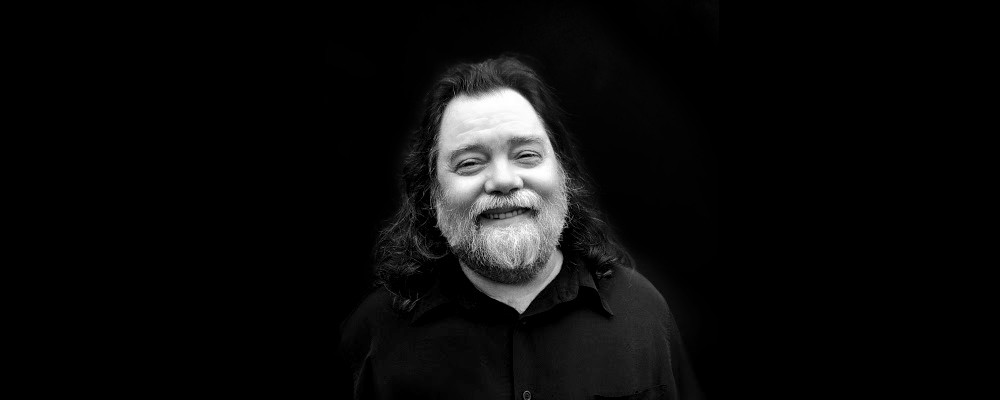Psychedelic Shaman Roky Erickson Rips up the Sunset Strip
Jonny Whiteside
Roky Erickson is one of the most critically important figures in the history of rock & roll, with an oft criminally unacknowledged status and one for which he has paid a terrible price. As lead singer for mid-60’s Austin, Texas band the 13th Floor Elevators, Erickson was a true revolutionary, both for his dramatically expressive, screaming vocals and as the face of an entirely new musical genre, psychedelic rock, which they promoted with their 1966 album The Psychedelic Sounds of the 13th Floor Elevators.
The album did not merely precede psyche milestones like The Beatles’ “Sgt. Pepper Lonely Hearts Club Band,” and Jimi Hendrix’s “Are You Experienced?” It created, out of the air, the context and aesthetic that directly resulted in the creation of those records. Erickson’s impassioned vocals also profoundly influenced generations of rock singers, from Janis Joplin (an Erickson pal from their early days in Texas) to Robert Plant to countless subsequent punk and garage howlers.
The Elevators had an almost incalculable impact. They drove teenagers went wild, rock musicians everywhere changed their approach, pop culture went on a drastically misinformed spree with everything from fashion, art, literature, even television sitcoms going “psychedelic” and Texas law enforcement stalked the band members as if they were rampaging psychotics on a mass murder spree.
Founded by a brilliant, megalomaniacal lysergic shaman named Tommy Hall, the Elevators modus operandi was equally unique—they wrote, rehearsed, and performed only when they were under the influence of LSD, a practice that nearly destroyed everyone involved.
Three years and three brilliant studio albums later, the group disintegrated. Hall wound up living in a cave for two years, Erickson was diagnosed with schizophrenia and confined to a state hospital for the criminally insane for almost 4 years, guitarist Stacy Sutherland landed in jail and drummer John Ike Walton was, like Erickson, subjected to involuntary shock treatment.
After Erickson was released in 1973, severely damaged from years of constant LSD use, extensive electroconvulsive treatment, and a high dosage course of Thorazine, he struck back with a solo career that produced a series of brilliant horror-sci-fi inspired hard rock records. Erickson’s classic “Two Headed Dog” typifies this surrealist-monster movie approach, which he exploited further with songs like “I Walked with A Zombie,” “Creature with the Atom Brain.” He also crafted eerie metaphorical studies of his own tortured internal life and history with “Bloody Hammer” and “Cold Night for Alligators,” strikingly individualistic, original and fascinating songs.
Erickson has struggled with mental illness and bouts of paranoia so debilitating that he’d disappear for long periods of time. In 1982, he famously crafted the notarized document declaring his real origins: “I, Roger (Roky) Erickson, do hereby declare that I am not a member of the human race (not an earthling) and am in fact an alien from a planet other than earth.” However, despite all of this, he remains not only a highly significant artist but also a great performer, and Erickson’s live shows are invariably exciting. Moreover, he just announced a 50th anniversary reunion of the 13th Floor Elevators, something no one thought would ever happen, with the members that have survived, is set to go down in Austin this May.
Roky Erickson, despite all the thwarts, bruises and flaws, remains a compelling figure. Expect nothing less than a rock & roll revelation at this rare small club date.
Roky Erickson at the Roxy, March 27. Tickets can be purchased here.

